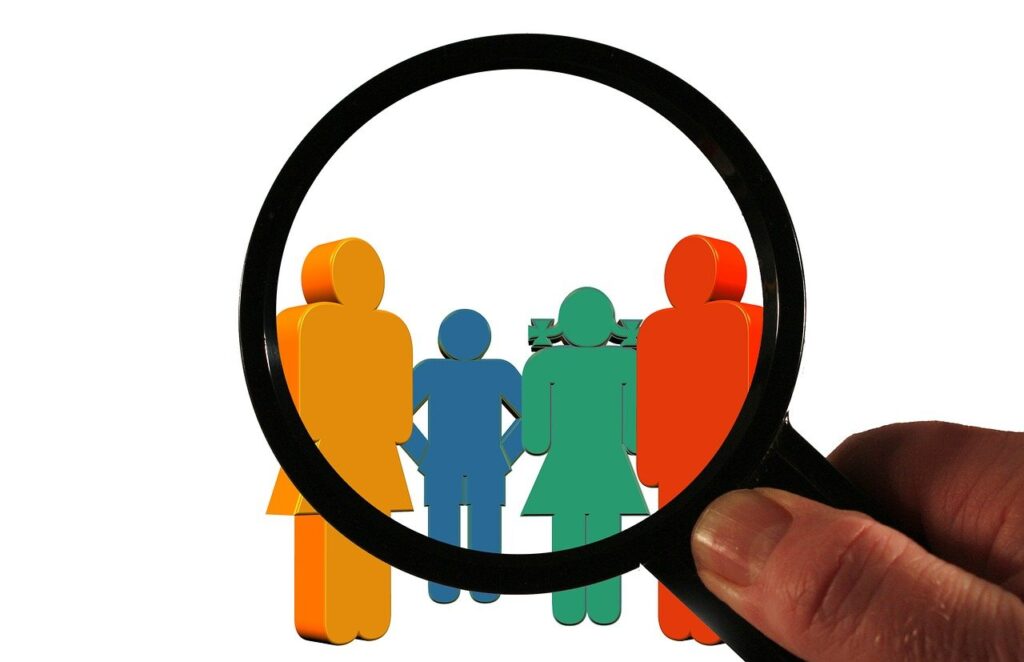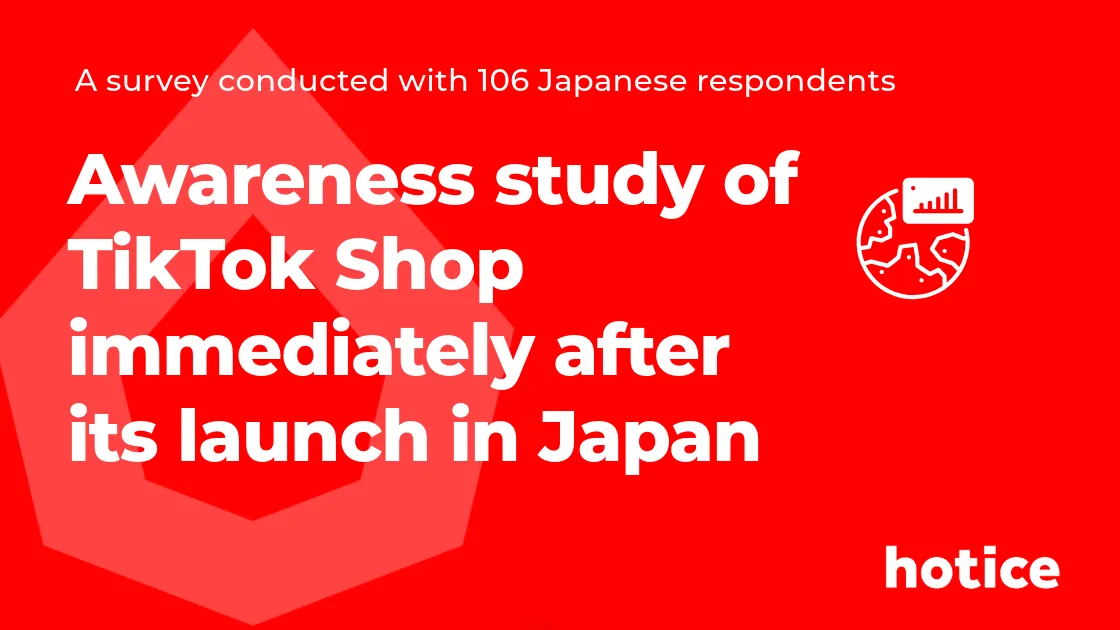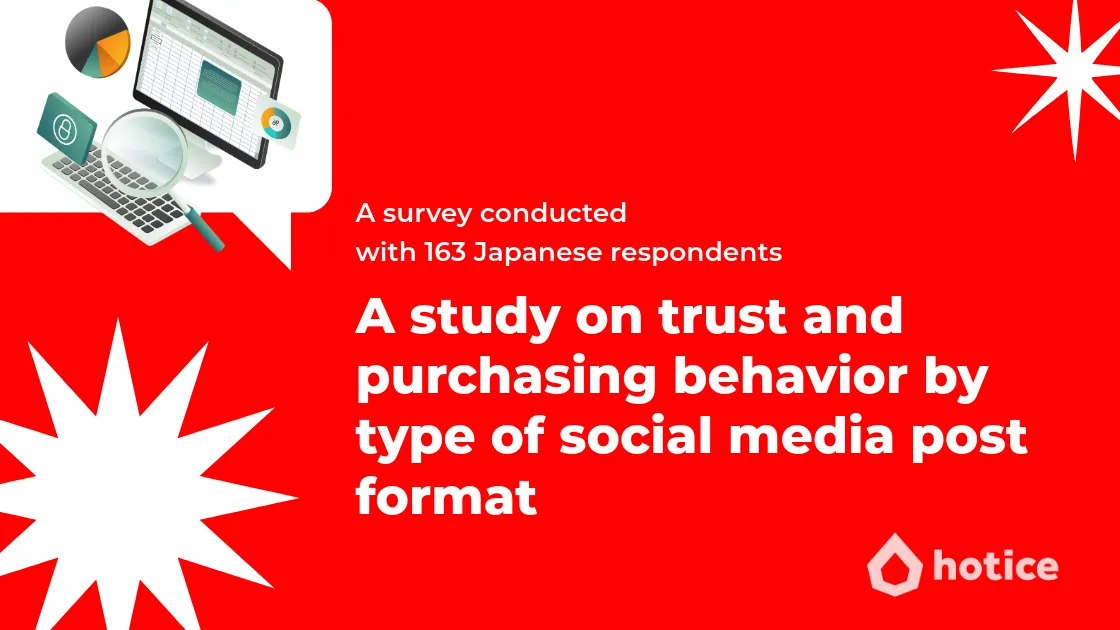Top 5 Most Effective Marketing Strategies in Japan

Do you have a business you would like to promote in Japan? Whether your business is B2C, B2B, or D2C, the same principles apply as you prepare to enter the Japanese market. This guide will explain what you need to do to succeed in Japan and the various digital channels you can use to promote your business to a Japanese audience.
- Understand the Japanese market and Consumers
- Partner with a Skilled Japanese Digital Marketer
- Localized Content and Messaging
- Create Japanese personas for your campaigns
- Develop a Comprehensive Marketing Calendar
- Conclusion
1.Understand the Japanese market and Consumers

Japan is a unique market with its own culture, consumer behavior, and language, and failure to understand these factors can lead to costly mistakes.
By conducting market research, companies can gain a deeper understanding of their target audience in Japan, including their preferences, habits, and buying behavior. This information can be used to shape marketing campaign targeting, localization, content, and advertising strategies. Researching Japanese industry trends can also help companies keep up with the latest developments and ensure that their marketing efforts are aligned with current market conditions.
Understanding Japan’s popular digital platforms is also essential to developing effective marketing campaigns. Different social media platforms and traditional media may be more popular in Japan than in other countries, and it is important to know which channels are most relevant to reach your target audience.
2.Partner with a Skilled Japanese Digital Marketer

Becoming an expert in the Japanese market takes time and practical experience, but consulting with an experienced professional or agency with a proven track record of marketing success in Japan can provide valuable input and direction!
Digital marketing professionals who specialize in the Japanese market can help you tackle the unique challenges of the Japanese market. These individuals can provide expert insight into Japanese culture, consumer buying behavior, and the local media landscape.
In addition to knowledge and experience, professionals and agencies with a Japanese marketing background can also provide valuable resources and contacts that can help your campaign succeed. They can help you identify potential partners, influencers, and other key players in the Japanese market and provide guidance on how to effectively reach and engage your target users.
3.Localized Content and Messaging
The people of Japan, an island nation, are a whopping 99% Japanese.
Compared to countries such as the U.S., which uses only the alphabet, Japanese has three different writing systems: hiragana, katakana, and kanji. English and Japanese are grammatically quite different, and the order of subject, object, and verb in sentence structure is different. Furthermore, because the expressions and figure of speech differ from culture to culture, websites and content that use translation applications are often marked by clearly incorrect grammar and unnatural expressions.
To effectively reach your target consumers, it is important to speak their language, both figuratively and literally. Therefore, it is imperative that all marketing materials, including websites and landing pages, be localized into native Japanese.
4.Create Japanese personas for your campaigns

In a nutshell, a persona is a fictitious user image.To capture the hearts and minds of Japanese consumers, it is important to create personas specific to their unique cultural and social norms.
When creating Japanese personas, consider including the following information.
Demographic Attributes
Gender
Age
Occupation, position
Income
Family Structure
Place of residence
Personality
Personality
Values
Worries
Dreams for the future
Lifestyle
How you spend your day
Consumption patterns
Methods of information gathering
Relationships with friends
Hobbies
How you interact with the company’s products and services
How do you know about them?
What points do they identify with?
What are the factors that prevent them from purchasing your product or service?
What are the decisive factors for purchase?
What effect will be obtained after the purchase?
By creating personas, you can deepen your understanding of your prospects and make it easier for them to purchase your product in the future. Taking the time to research and develop Japanese personas will greatly increase your chances of success in the Japanese market.
5.Develop a Comprehensive Marketing Calendar
Because Japan has its own unique digital and traditional promotional channels, a marketing plan must be created specifically for the Japanese market. In addition, Japan has different holidays and events throughout the year than other countries.
- Japan’s Valentine’s Day is different from other countries in that women give chocolate and other gifts to men, and there is a holiday called White Day on March 14 where men give gifts in return.
- Golden Week, which follows in late April, is a time when many people take long vacations.
- In summer, there are summer sales and an event called “Ochugen,” in which people give gifts of gratitude and good health during the hot season.
It is important to consider these unique Japanese holidays and events when planning marketing campaigns. By coordinating campaigns with these events, companies can effectively reach their target users at the most appropriate time and maximize the effectiveness of their marketing activities.
Learning About Influencer Marketing in Japan
At hotice, we connect international brands with carefully selected Japanese influencers to deliver impactful and risk-free campaigns.
We offer:
・Expert influencer matching by industry and objective
・Multilingual communication support
・Campaign planning and performance tracking
・Full legal and cultural compliance
hotice supports foreign companies entering the Japanese market with PR, using celebrities and influencers.
We have previous experience in selecting appropriate creators and PR strategies, so please contact us if you have any questions.







